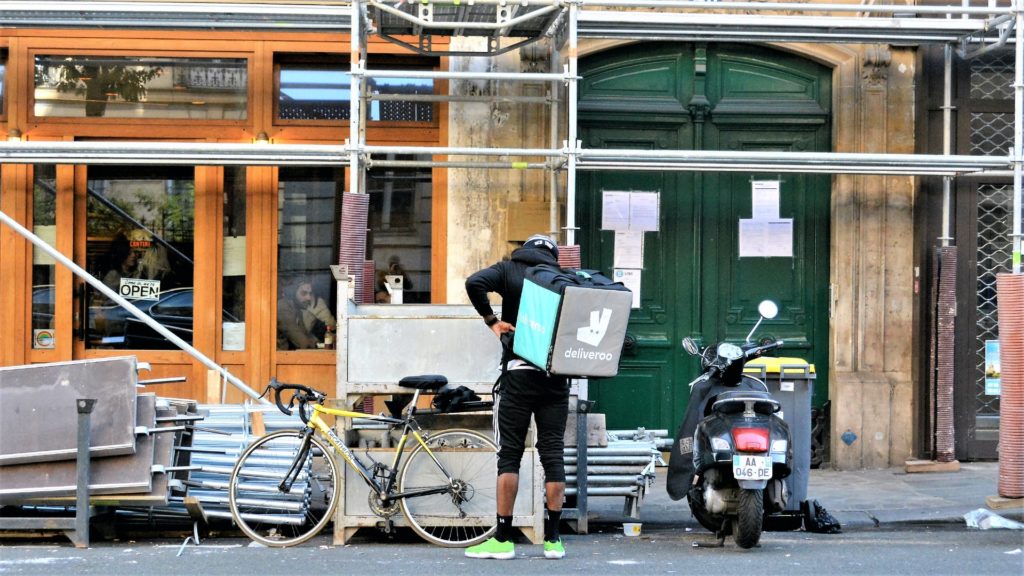The various Belgian governments have tried in the past to regulate disruptive service platforms like Uber, Deliveroo and AirBnb, without success.
Now comes a new effort, from the office of labour minister Pierre-Yves Dermagne (PS), who wants to take on the problem of the social status of the platform employees.
The fact is, the young fellow who brings you a pizza or takes you home from the pub has often a very uncertain social status. Is he an employee or a freelance operative?
The platforms maintain he is a freelance operative, but at the same time the workers in question do not comply with the normal rules for freelance workers, regarding for example payment of social security contributions, VAT and tax.
There is also the famed existence of ‘fake freelancers’ – people who do the same job as a tenured employee with employment rights, but for a fee that may or may not correspond to their employed colleagues, but which leaves them responsible for their own tax and other deductions.
Fake freelancers are popular among employers because it engages them in no requirement to pay the employer’s portion of social security.
The government, meantime, is plunging in to resolve the problem status of employees – they are to all intents and purposes employees, whatever legalistic back-bending the platforms perform – with a view to bringing them into line with the rest of the workforce.
Unfortunately, the first stage of the process promises anything but clarity.
Dermine’s first step is to set up an online forum where anyone with an interest – restaurant owners, traders, users and platform representatives – can put down their views on the subject, and enter into discussion.
Anyone at all familiar with social media or newspaper comment sections will be wondering where clarity might lie in that direction.
“Such consultation will give us a good overview of the diversity of the platform economy. For example, these platforms make it easier to start up certain independent activities. That is why it is important that this situation is analysed with all parties involved," said David Clarinval (MR), minister for the self-employed.
According to Dermine’s office, the consultation is intended to lead to a legal initiative by the end of 2022.

